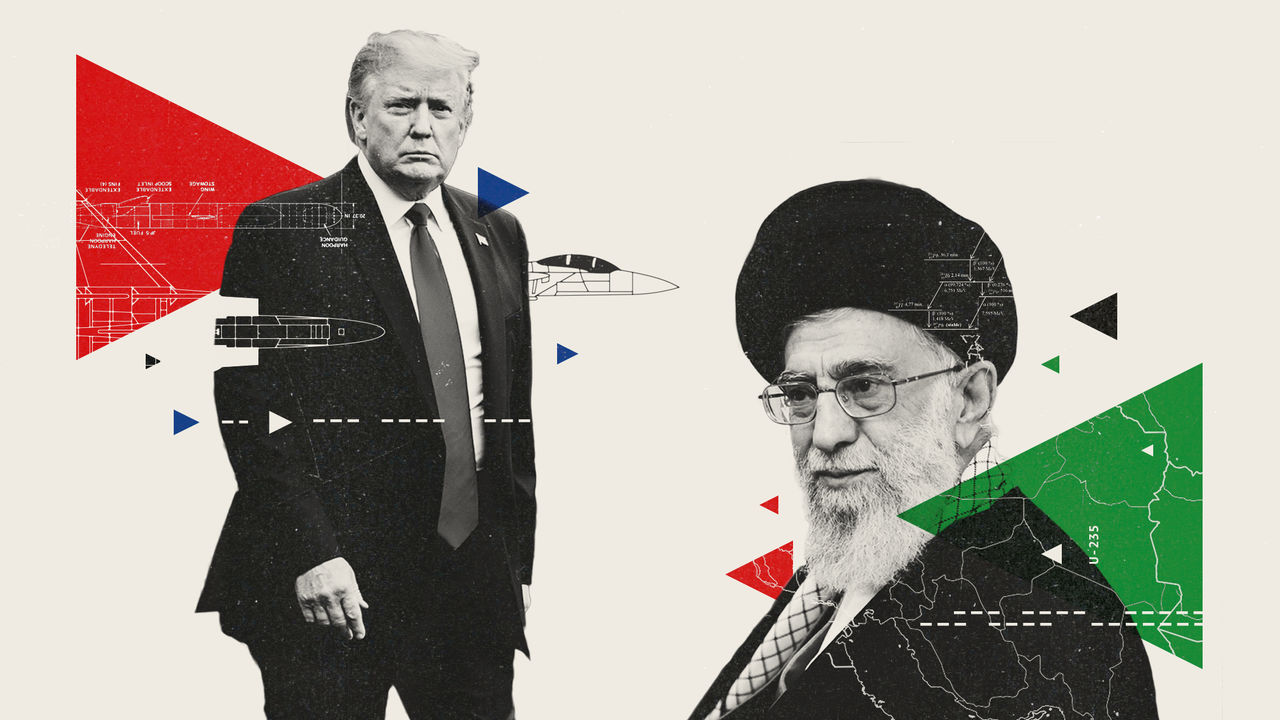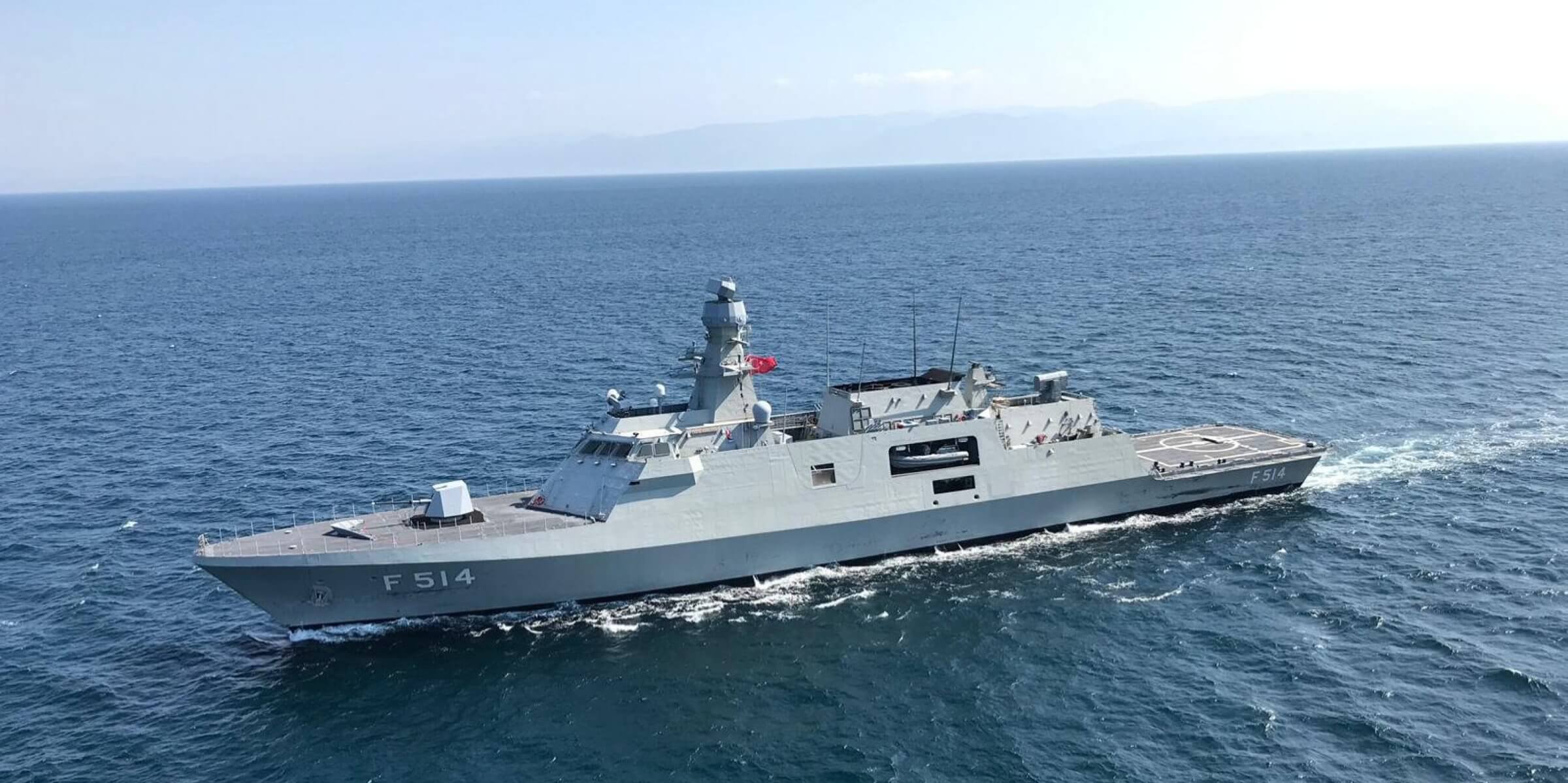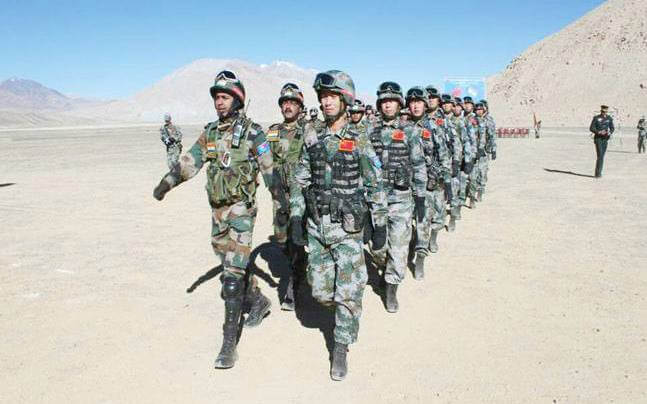The possibility of US military action against Iran has grown since the administration invoke new intelligence that Iran or its proxies were planning to attack US troops or US interests in the Middle East.
The United States has also accused Iran of attacking oil tankers near the Strait of Hormuz. Recently, Iran shot down a US drone it said had crossed into its airspace. Whereas the violation of airspace is denied by the US.
President Trump and Iranian Administration have faced tensions following the US withdrawal from the 2015 Iran nuclear agreement and subsequent reimposition and escalation of sanctions, and Iran’s announcement that it was stepping up its uranium enrichment.
In response to, President Hassan Rouhani’s affirmation about Nuclear Assets on Wednesday that Iran could enrich to “any amount we want” in the absence of a nuclear deal, President Trump cautioned him to “be careful with the threats … they can come back to bite you like nobody has been bitten before”.
Although Trump called off strike against Iran after the drone shoot-down, the US administration has continued developing a legal channel for a strike.
US Secretary of state, Mike Pompeo, in both public and classified statements, has said there are ties between Iran and al-Qaida.
Such a linkage would appear to provide the legal foundation for military actions against Iran under the 2001 Congressional Authorization for Use of Military Force (AUMF) against the perpetrators of the al-Qaida attacks that year.
“The administration has not, to date, interpreted either AUMF as authorizing military force against Iran,” A brief reply from the State Department’s legislative affairs bureau came three days later. “Except as may be necessary to defend US or partner forces engaged in counter-terrorism operations or operations to establish a stable, democratic Iraq”, It said.
The other legal authority open for the president, with exception of Congress’s approval under its constitutional authority to declare war, is the president’s own constitutional power as commander in chief of the armed forces, in order to keep the nation secure.


























Leave a Reply